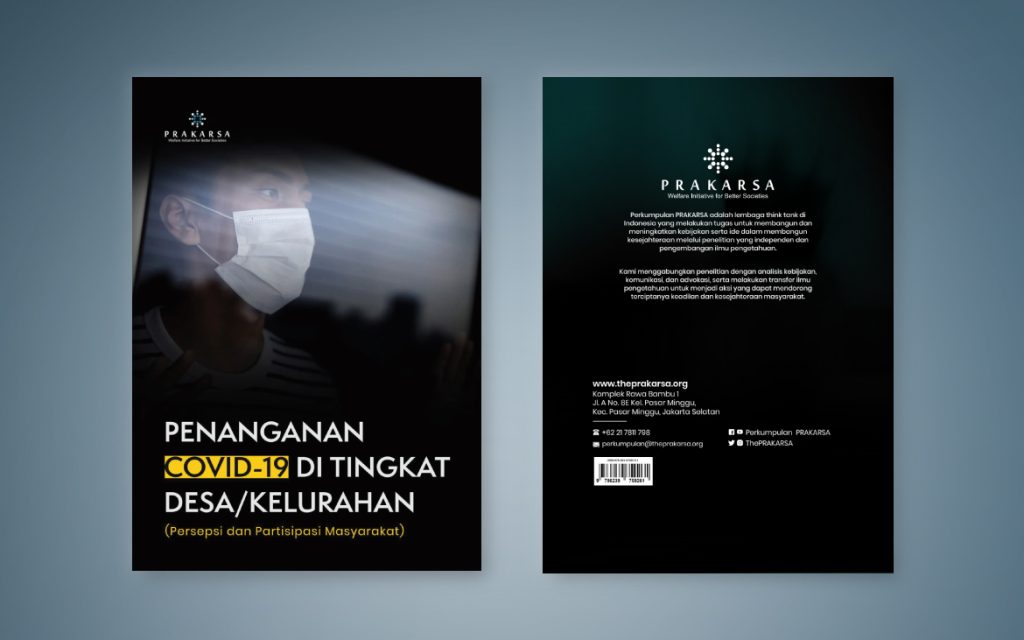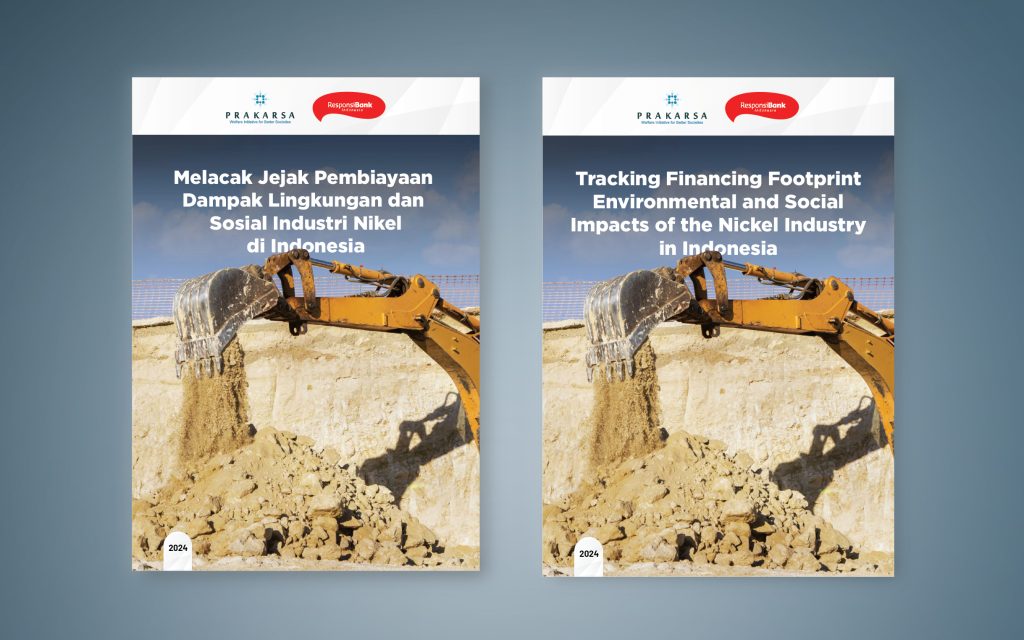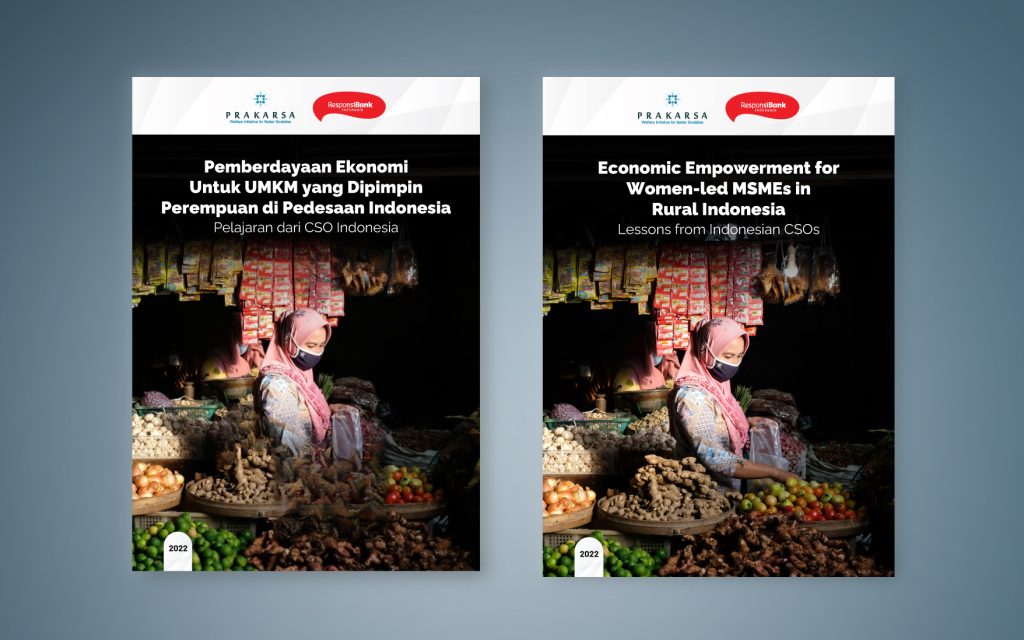
Without waiting for government orders, the Covid-19 Task Force and the villagers took the initiative of mutual cooperation and improvisation in tackling Covid-19 so that they succeeded in pulling Indonesia out of its critical period in June-August 2021. This is what The PRAKARSA found in 12 villages/kelurahans in South Jakarta, Semarang, Pandeglang, Surakarta, Mamuju, and Central Kupang. The Covid-19 Task Force is considered more reliable by residents than the central government because communication is more effective and easily accessible to the public. The government needs to reflect on this, where they must be able to convey information and distribute assistance to the lowest level (RT and RW). If citizens just wait for government assistance and follow policies that often change, they won't be able to survive in the midst of high cases of Covid-19 in the period July to August 2021.
Based on the findings of this study, it is known that the Covid-19 Task Force improvisations in villages/kelurahan include 1) providing education and socialization of Covid-19 and health protocols, one of which is using mobile cars, 2) making media for spraying disinfectants such as rickshaws, 3) mobilizing and managing community assistance such as Friday alms, staple food hooks, or food barns, 4) taking a persuasive approach to policy violators in their environment, and so on. These innovations can be a reference for handling Covid-19 at the district/city level, central government, and even globally.
What other innovations can be found in society in dealing with Covid-19? Is it effective if applied to slow down the rate of increase in cases of new variants such as Omicron BA.4 and BA.5 or other variants? Read more in the following report.



